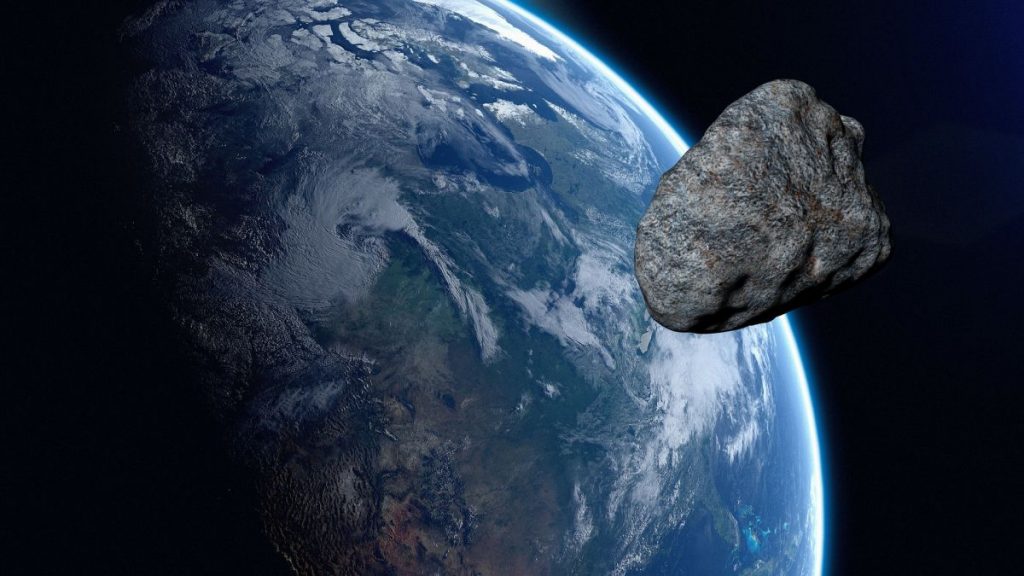China knows which asteroid it will target to test planetary defense techniques in the 2020s.
The China National Space Administration plans to work at potentially hazardous asteroid 2020 PN1 in a mission now due to launch in 2026, according to a Space News report (opens in new tab) Tuesday (July 12). Earlier this year, China appeared to be targeting 2025.
Further details were revealed in a Chinese-language lecture (video (opens in new tab) in Chinese) by Long Lehao, chief designer of China’s Long March rocket series.
Related: China to launch Tianwen 2 asteroid-sampling mission in 2025
“A slide presented by Long indicates that the impactor mission will launch in 2026 on a Long March 3B rocket,” the SpaceNews report said. “The mission will include a separate impactor and orbiter. The former will impact near-Earth object 2020 PN1 with the latter spacecraft making observations.”
The kinetic asteroid defense mission appears to be similar to NASA’s Double Asteroid Redirection Test (DART) due to arrive at its own destination around September. NASA plans to send a kinetic impactor to a moonlet, Dimorphos at speeds of 4.1 miles per second (6.6 km/s), to try to alter its orbit around asteroid Didymos.
There are no imminent hazards known to scientists despite decades of careful searching by NASA and numerous other space entities. The term “potentially hazardous” is also complex, as it describes a set of space rock characteristics predicted to have a higher probability of eventual impact.
China has been working on a wider planetary defense plan involving research and technical studies, according to recent comments by CNSA deputy director Wu Yanhua. The agency also released a “white paper” in January discussing plans to construct a near-Earth object defense system.
The country is a mostly independent actor in space and came under fire from the Biden administration a few times recently. NASA criticized China for allowing an uncontrolled fall of a 23-ton core stage of a Long March 5B booster in 2021. NASA is also not allowed to “engage in any bilateral activities with China or Chinese-owned companies,” according to NASA (opens in new tab).
Follow Elizabeth Howell on Twitter @howellspace. Follow us on Twitter @Spacedotcom or on Facebook.

